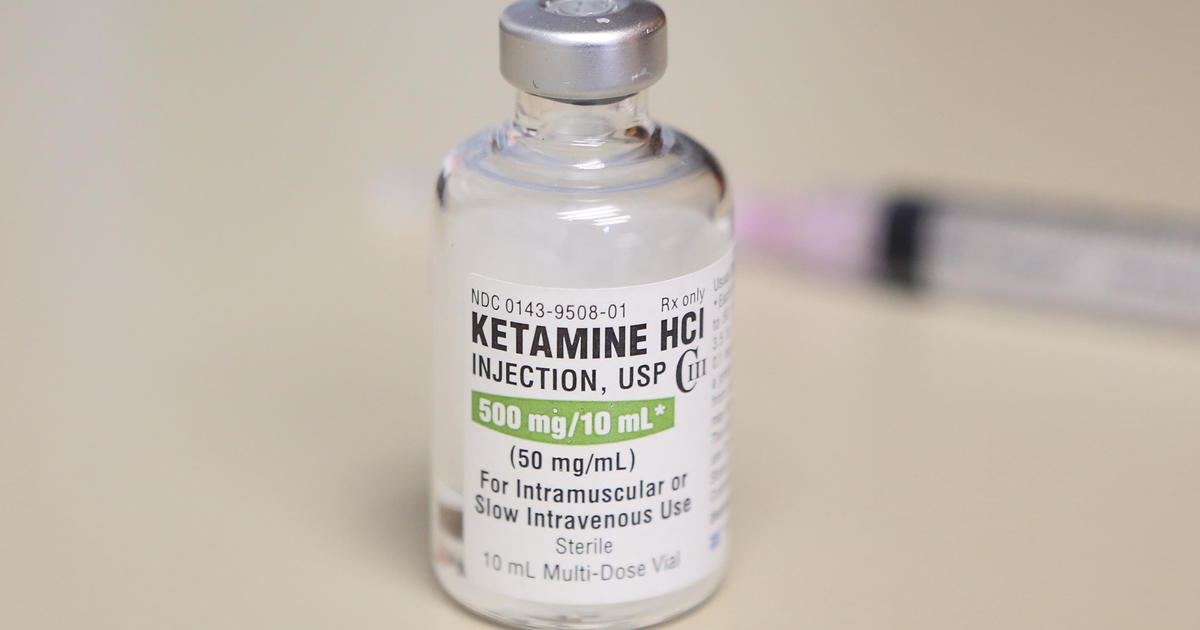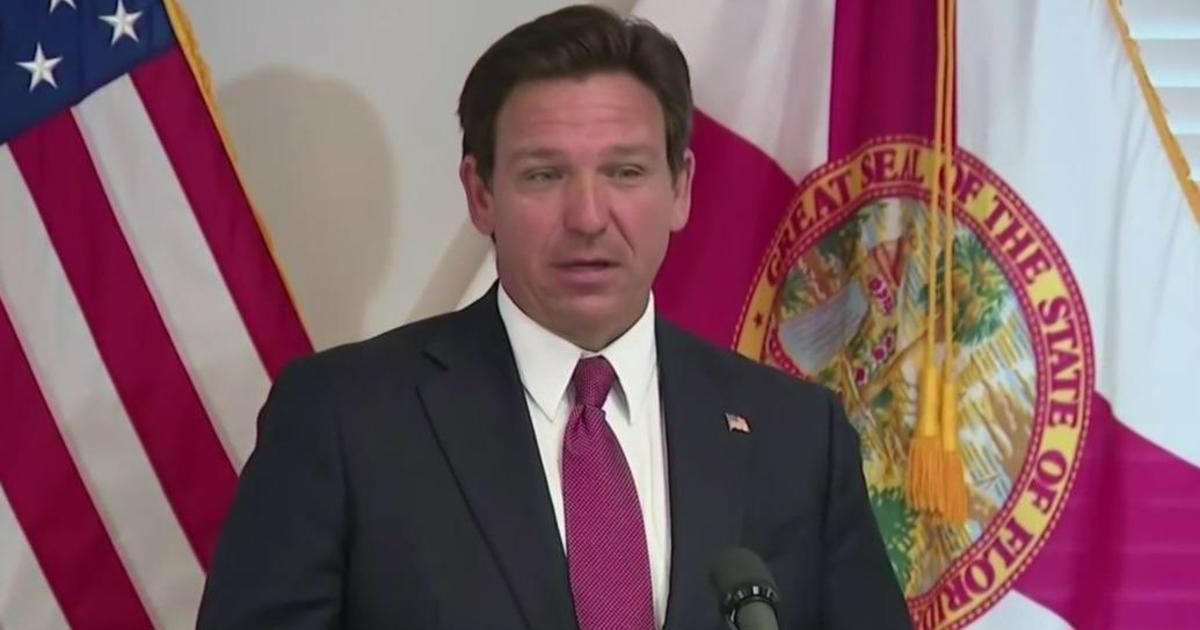Republican Health Care Bill Unravels Obamacare
Follow CBSMIAMI.COM: Facebook | Twitter
WASHINGTON (CBSMiami) - The American Health Care Act goes a long way to fulfilling the Republicans' seven-year pledge to repeal former President Barack Obama's landmark health reform law.
The bill, among other things, repeals the individual and employer mandates put in place by Obamacare that has required people to carry insurance or face a tax penalty.
Under Obamacare employers with at least 50 employees had to provide health insurance to their staffers who work more than 30 hours a week. They would face a penalty if they did not meet this criterion and their employee sought subsidies on the exchanges, according to CNN.
Related: GOP Health Care Plan Passes In The House, Senate Next
Under the GOP plan, insurers will be allowed to impose a 30% surcharge on the premiums of those who let their coverage lapse for at least 63 days. The plan would enable insurers to levy this surcharge for one year, but it would only apply to policies bought in the individual or small group markets, according to CNN.
The plan also reduces Obamacare's subsidies for lower income Americans, and eliminate the taxes on the wealthy used to pay for them. More than eight in 10 enrollees on the Obamacare exchanges receive this assistance, but individuals making more than $47,500 and families of four earning more than $97,200 do not qualify, according to CBS News.
Instead, people making less than $75,000 a year would get age-based tax credits.
The credits will range from $2,000 for 20-somethings to $4,000 for those in their early 60s. The credits will also have an income cap, according to CNN. Those making more than $75,000 would see their tax credits start to phase out, and an enrollee making more than $215,000 would not be eligible. Families with incomes above $150,000 would see their credits dwindle, while those earning more than $290,000 would not be qualify.
The bill also kills the additional help that individuals earning less than roughly $30,000 a year receive to cover their out-of-pocket costs. More than half of the enrollees on the Obamacare exchanges receive these cost-sharing subsidies.
The Republican legislation also eliminates the Obamacare taxes levied on wealthy Americans, insurers, prescription drug makers, device manufacturers and tanning salons.
Medicaid is in for an overhaul.
Under the GOP bill, states receive a fixed amount of money per Medicaid enrollee. States could also opt to receive federal Medicaid funding as a block grant for the adults and children in their program, according to CNN. Under a block grant, states would get a fixed amount of federal funding each year, regardless of how many participants are in the program. It also ends extra money for Medicaid expansion, starting in 2020.
The bill seeks to lower premiums by allowing states to opt out of Obamacare's minimum coverage rules, which includes maternity care and emergency services, according to CBS News. It also includes language that prohibits federal funding for "essential community providers," like Planned Parenthood.
Under the plan, states can allow insurers to charge higher rates for some with pre-existing conditions, but only if those states set up high-risk pools to help people afford it. A last-minute amendment to the bill adds eight billion dollars over five years to cover insurance for people with pre-existing conditions, according to CBS News.
The plan has been panned by a number of major interest groups, including the American Medical Association, AARP, and the American Cancer Society.
The consensus of most experts is that this Republican plan might save money for people who are younger, healthier, and wealthier, but drive up costs for older and sicker Americans.



